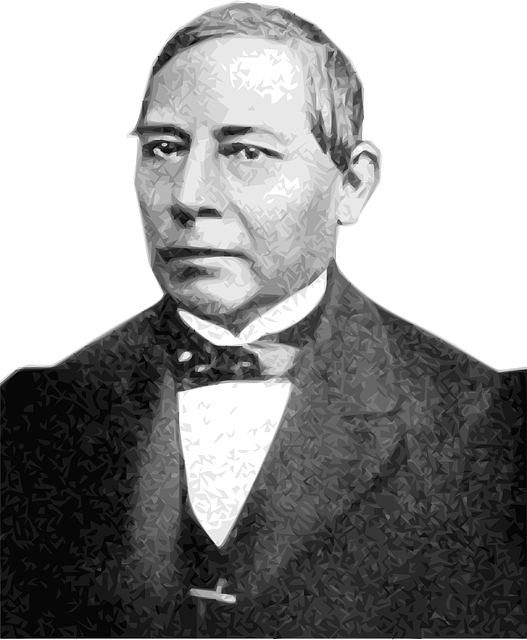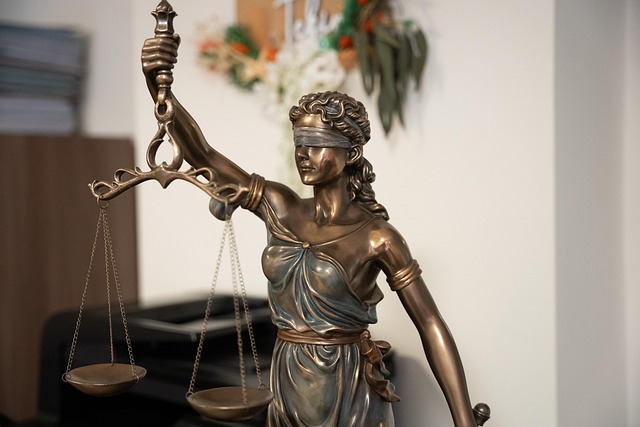The Prosecutor Strategies in Plea Bargaining Process play a pivotal role in combating regulatory fraud, offering incentives like reduced sentences or immunity to cooperative defendants. This collaborative approach yields key insights into intricate financial schemes and strengthens the prosecution's case. Jury trials remain crucial for high-profile cases, ensuring significant accountability. Skilfully executed plea bargaining streamlines legal procedures while addressing fraud offenses efficiently. These strategies, tailored to unique case circumstances, balance confessions with societal impact, promoting justice and efficiency in the legal system. When used judiciously, plea bargains expose fraudulent activities with a proven track record, fostering stronger cases against repeat offenders.
Regulatory fraud laws are essential tools in combating economic crimes, ensuring fair markets, and protecting consumers. This comprehensive guide delves into the intricate world of these laws, offering a detailed understanding of their operation. We explore key aspects, including the role of prosecutors in plea bargaining negotiations and effective strategies for both parties. By examining case studies, we highlight successful tactics that impact fraud prevention and detection. Discover how prosecutor strategies in the plea bargaining process play a pivotal role in upholding regulatory integrity.
- Understanding Regulatory Fraud Laws: A Comprehensive Overview
- The Role of Prosecutors in Plea Bargaining Negotiations
- Strategies for Effective Plea Bargaining in Fraud Cases
- Impact of Plea Bargains on Fraud Prevention and Detection
- Case Studies: Examining Successful Prosecutor Tactics in Fraud Trials
Understanding Regulatory Fraud Laws: A Comprehensive Overview

Regulatory fraud laws are designed to combat dishonest practices that aim to manipulate or deceive regulatory bodies and financial markets. These laws encompass a wide range of activities, from false reporting and accounting manipulation to insider trading and money laundering. Understanding these regulations is crucial for businesses and individuals to ensure compliance and avoid legal repercussions, especially in the context of white collar and economic crimes.
The prosecutor’s strategies in the plea bargaining process play a significant role in navigating regulatory fraud cases. By offering incentives such as reduced sentences or immunity from prosecution, prosecutors can encourage defendants to cooperate and provide valuable insights into complex schemes. This not only aids in securing convictions but also helps expose the full extent of criminal activities, which is essential for maintaining the integrity of financial systems. Jury trials are another critical component, where the presentation of evidence and legal arguments determine the outcome, making it a powerful tool in holding perpetrators accountable, particularly in high-profile cases involving significant economic crimes.
The Role of Prosecutors in Plea Bargaining Negotiations

In the intricate dance of the legal system, prosecutors play a pivotal role in the plea bargaining process, which is a crucial aspect of regulatory fraud cases. These negotiations are where the real impact of the law is felt, as they offer an alternative to lengthy trials. Prosecutors, with their strategic minds and deep understanding of the law, guide defendants towards accepting responsibility for their actions, thereby avoiding the rigors of an indictment.
Their strategies in these talks are multifaceted, focusing not only on securing confessions but also on ensuring that justice is served within the context of white-collar and economic crimes. By carefully navigating these discussions, prosecutors can uncover important insights into the criminal activities, potentially leading to further investigations and a deeper understanding of the societal impact. Moreover, this process allows for a more efficient allocation of resources, as plea bargains can significantly reduce the workload on both the legal system and law enforcement, fostering a sense of fairness in philanthropic and political communities.
Strategies for Effective Plea Bargaining in Fraud Cases

In fraud cases, effective plea bargaining can significantly impact the outcome for both defendants and prosecutors. Prosecutor strategies in the plea bargaining process play a crucial role in achieving just resolutions. One key strategy is offering plea agreements that take into account the specific circumstances of the respective business or white-collar defense. This may involve considering factors like the level of cooperation, the extent of damage caused, and any mitigating circumstances unique to the case. By offering tailored agreements, prosecutors can incentivize guilty pleas while ensuring a fair process.
Additionally, maintaining open lines of communication with the defense counsel throughout the bargaining process is essential. Proactive engagement allows for a better understanding of the defendant’s motivations and potential areas of agreement. This strategy can lead to more efficient negotiations, ultimately saving time and resources for both parties. Effective plea bargaining, when handled skillfully by prosecutors, fosters a more streamlined legal process while addressing fraud-related offenses promptly.
Impact of Plea Bargains on Fraud Prevention and Detection

Plea bargains play a complex role in fraud prevention and detection. Often, these agreements become powerful tools for prosecutors aiming to secure convictions and reduce sentencing. However, critics argue that plea deals can hinder investigations by encouraging suspected fraudsters to minimize their involvement or provide false information in exchange for reduced charges. The prosecutor strategies in the plea bargaining process significantly influence how effectively fraud is addressed.
When used judiciously, plea bargains can facilitate the exposure of fraudulent activities with an unprecedented track record. By striking deals, prosecutors may gain valuable insights into criminal schemes and identify patterns that could otherwise remain hidden. This strategic approach allows for targeted interventions and helps build a stronger case against repeat offenders, ultimately fostering a more robust fraud prevention mechanism within respective businesses. Moreover, successfully securing winning challenging defense verdicts through plea bargaining can strengthen the prosecutor’s reputation, encouraging greater cooperation from witnesses and suspects in future cases.
Case Studies: Examining Successful Prosecutor Tactics in Fraud Trials

In the fight against regulatory fraud, case studies offer valuable insights into successful prosecutor strategies. One notable tactic is the strategic use of plea bargaining in the prosecution process. By offering leniency to defendants who cooperate and provide substantial evidence against their co-conspirators, prosecutors can often secure guilty pleas, saving time and resources compared to lengthy trials. This approach has proven effective in winning challenging defense verdicts, particularly in cases involving complex financial schemes or high-profile corporate fraud.
Additionally, prosecutors must adapt their strategies based on the nature of the crime and the background of the defendants, ranging from wealthy individuals in the boardrooms of corporations to members of philanthropic and political communities. This adaptability allows for tailored approaches that can sway juries or judges in favor of conviction. By carefully considering each case and employing the right Prosecutor Strategies in Plea Bargaining Process, law enforcement agencies can ensure justice is served while managing the complexities of regulatory fraud cases effectively.
Regulatory fraud laws are a robust defense mechanism against corporate malfeasance, with prosecutors playing a pivotal role. By employing strategic plea bargaining tactics, they can effectively deter and dissuade fraudulent activities while ensuring just outcomes for victims. Understanding these Prosecutor Strategies in the Plea Bargaining Process is essential for both legal professionals and business leaders alike, as it highlights the importance of transparency and integrity in fostering a culture of ethical conduct and robust fraud prevention. Case studies demonstrate successful prosecutor tactics that have set precedents, emphasizing the significant impact plea bargains can have on fraud detection and the overall health of regulatory frameworks.






